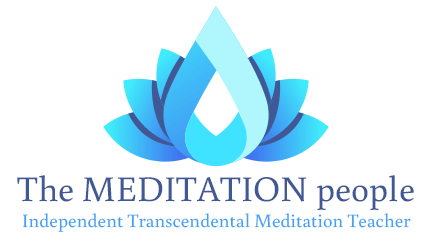Transcendental Meditation Allows Deep Rest
In a survey named The Rest Test conducted by Wellcome in 2016, 68% of 18,000 people said they would like more rest.
Wellcome revealed that nearly a third (32%) of people who responded said they need more rest than the average person, while only 10% felt they needed less.
In very simple terms, two thirds of a sample of 18,000 people feel they aren’t getting enough rest. Would we get a similar result if we asked a group of our friends the same questions? I feel the answer would be ‘yes’.
Commenting on the relationship between rest and health, Wellcome said:
“The survey also found that those who felt they needed more rest scored lower in terms of well-being. Similarly, those who responded saying they think they get more rest than average or don’t feel in need of more rest, had well-being scores twice as high as those who wanted more rest. This suggests that the perception of rest matters, as well as the reality.”
How does this relate to Transcendental Meditation? The answer is that the main physical component of TM is rest. We know that the body becomes more rested during each meditation. How do we know this? As a practitioner, you can feel it, it’s palpable. During meditation, muscles relaxing, breathing slowing down, sometimes even the head nodding all tell us that the body is experiencing a natural, spontaneous state of relaxation. Objectively, studies have shown that Transcendental Meditation allows the metabolic rate to slow down and provide the nervous system with a unique state of deep rest.
In an increasingly busy world, many people find it difficult to rest. There is so much noise and so many distractions. Learning a technique that allows us to rest naturally seems even more important than ever. What a great reason to learn Transcendental Meditation!



